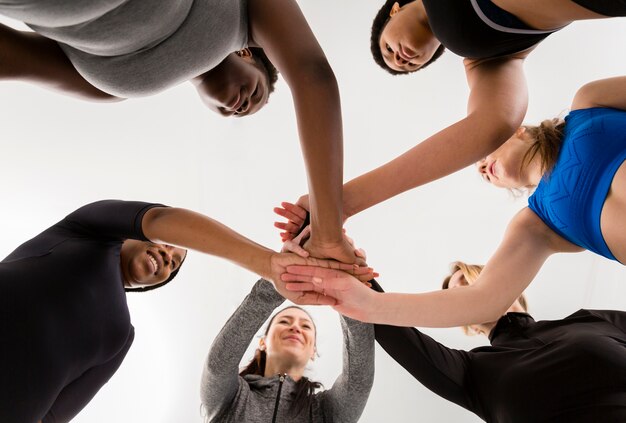
Sports diplomacy has emerged as a powerful tool in fostering relationships between nations, transcending political boundaries, and promoting peace. From high-profile international events like the Olympics to bilateral exchanges in sports, athletics have consistently demonstrated the potential to connect people from different cultures, ideologies, and geographies. In a world often divided by political tensions and conflicts, sports provide a unique platform for dialogue and cooperation.
At its core, sports diplomacy leverages the universal appeal of athletic competition to bridge gaps between countries. Whether through formal government-led initiatives or informal exchanges between athletes and sports organizations, this form of diplomacy enables nations to build trust and open channels of communication. The shared passion for sports fosters mutual respect and understanding, softening diplomatic stances and offering a common ground for negotiation.
The Role of Sports in Fostering Global Unity
Sports have long been recognized as a powerful tool for fostering global unity and cooperation among nations. Through international competitions such as the Olympic Games, the FIFA World Cup, and regional tournaments, athletes and spectators from diverse backgrounds come together to celebrate a shared passion. This unity through sports helps transcend political, cultural, and social barriers, fostering a sense of camaraderie and mutual respect.
Beyond the competition, sports diplomacy plays a critical role in international relations, offering a unique platform where nations can engage in dialogue and collaboration. Through athletic exchanges, joint training programs, and friendly matches, countries can build bridges of understanding and trust, which are crucial in addressing global challenges such as conflicts, inequality, and human rights violations.
Key Ways Sports Foster Global Unity
- International Competitions: Major sporting events such as the Olympics and World Cups provide opportunities for countries to unite
Historical Examples of Sports Diplomacy in Action
Sports diplomacy has been a powerful tool in international relations, bridging divides that politics and traditional diplomacy often cannot. Throughout history, various events in the world of sports have transcended the boundaries of nations, fostering goodwill and improving global relationships.
From iconic Olympic moments to symbolic games between rival nations, sports have consistently played a role in breaking down barriers and bringing people together, even in times of political tension. Below are some of the most notable examples of sports diplomacy that have left a lasting impact on international relations.
Notable Historical Examples
-
Ping Pong Diplomacy (1971): In the early 1970s, relations between the United States and China were strained. However, during the World Table Tennis Championship in Japan, players from both nations engaged in friendly
The Future of International Relations Through Sports
As the world becomes increasingly interconnected, sports diplomacy will continue to serve as a vital tool in fostering understanding and collaboration between nations. Through the universal language of athletics, countries can transcend political barriers and address global challenges such as peacebuilding, equality, and social justice.
From grassroots programs to high-profile international events like the Olympics or World Cup, sports will likely play an even more significant role in shaping the future of diplomacy. These initiatives offer a platform for dialogue, cultural exchange, and, ultimately, lasting cooperation on the world stage.
Looking Ahead
The future of international relations through sports is promising, but it requires commitment from governments, athletes, and global organizations to maximize its potential. By leveraging the positive impact of sports, countries can create opportunities for:
- Peacebuilding: Continuing to use sports as a neutral ground for promoting peace in conflict zones.
- Social Integration: Enhancing the inclusion of marginalized communities and promoting equality across borders.
-